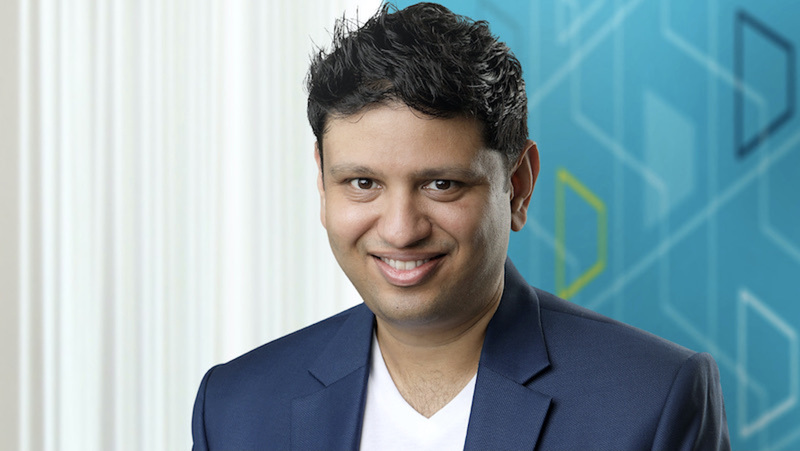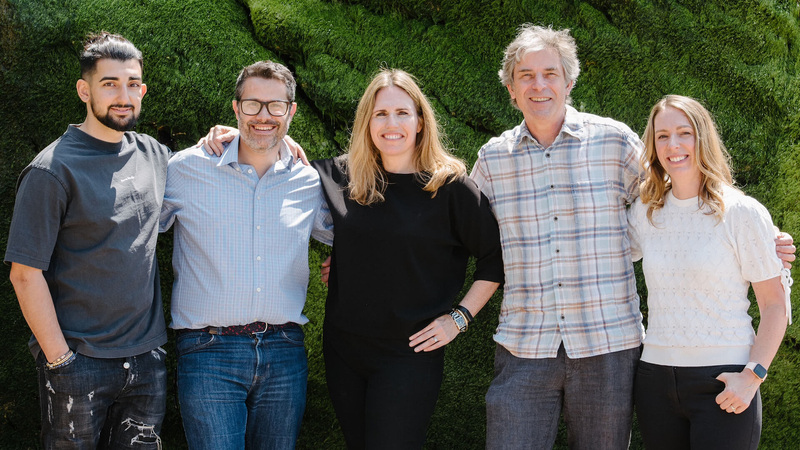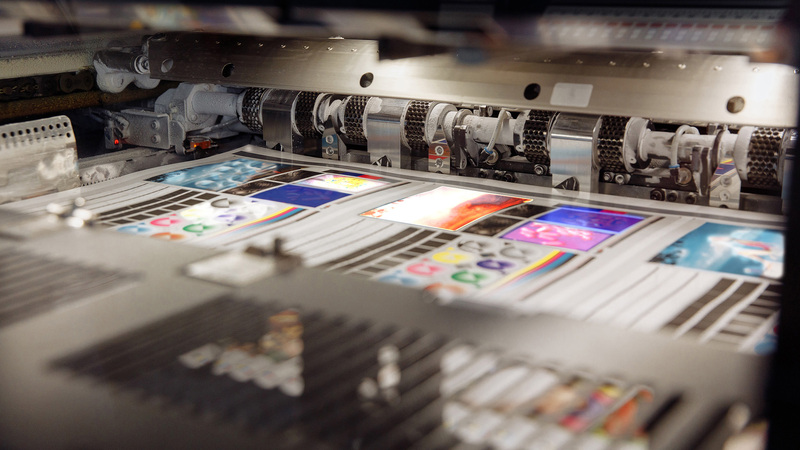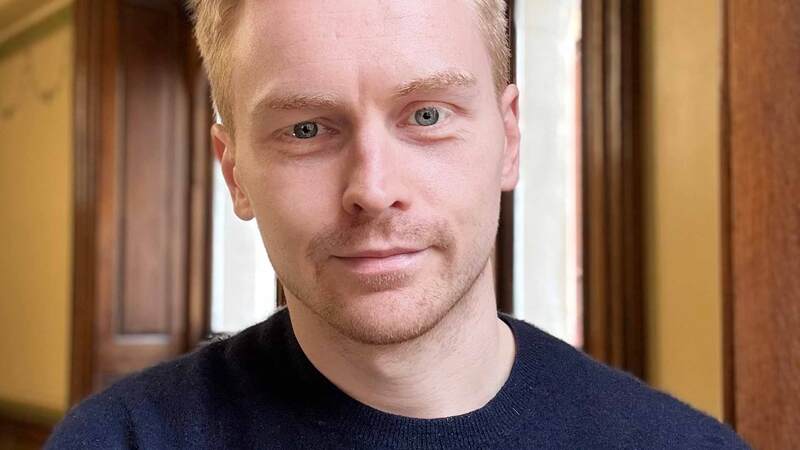Technology has no taste
AI means craft matters more than ever. Here’s why.
Of all the things that have surprised me about generative AI technology since its mass launch, the speed and confidence with which people have made their minds up about it is well up there.
Many have fallen into staunch beliefs that AI should under no circumstances get near artistic or creative work. More still have seen it as the inevitable future, and have hitched their cart to the wagon with perhaps disconcerting swiftness. Neither feels quite the right response to a technology that is still taking shape in the creative professions.
This is why I read last week’s Craft and Creativity piece in The Bookseller with equal amounts of interest and consternation, finding myself virulently disagreeing with the assertion that AI will open up industries like publishing to folk who have good ideas, but no ability to nurture them into being.
Because there is a fundamental issue with the notion that anyone can prompt a large language model with a good idea and eventually produce a novel the industry will be clamouring to publish. And that issue is discernment.
Before I get too far into this, I want to outline my professional relationship with AI, which informs this piece and my view.
I am no sceptic, nor fearmonger. As well as writing the odd book or article I work in the advertising industry, which like most creative professions greeted the general release of ChatGPT and Dall-E with equal amounts of fear and awe. From there, my agency’s (and therefore my) approach has broadly been one of control and harnessing, ensuring we understand what’s out there and can use it in ways that augment our business and people rather than disrupt it.
Which is to say that I use AI, I find value in it, and generally have found it helpful for stuff like scamping, research and concept development – tasks which often take huge amounts of time. I’ve never used it for writing books or articles, and I doubt I ever will. There’s a big difference between getting Google Image to knock up a line drawing of an advert so I don’t have to distract an already busy designer and asking ChatGPT to write the first chapter of my next novel.
But I also know AI’s limitations. Chief among them is that good ideas sent in aren’t enough to get good work sent back out. Craft matters, perhaps more than anything else.
Most of the AIs we are familiar with today are not engines of creativity and craft, they are engines of mass production
At a base level, craft creates experience, and experience creates discernment and taste. It means that I, as an experienced writer, can look at some copy ChatGPT gives me and know instinctively where and how it has failed to deliver on the idea I wanted to be expressed. Or why a skilled designer or artist can take the output of Midjourney and know where and how it lacks the visual storytelling and subtext that makes the best art truly live.
When you take away that craft, the experience and discernment go with it.
In publishing, this holds true perhaps more than in any other industry. Not only because books are hard to create. But because the author’s craft has to be explicitly present in every one of 100,000 plus words, all chosen for a reason. And if you don’t know what that craft feels like, looks like and sounds like, you will never know where a machine has got it right. Or more importantly, where it has got it wrong.
Nadim Sadek’s article makes some good points. And I would be surprised if the big publishers are not already exploring AI for Authors that help writers with their research, if not their writing. But where he gets it wrong, I’m afraid, is the assertion that AI solves a craft problem. It doesn’t.
Most of the AIs we are familiar with today are not engines of creativity and craft, they are engines of mass production. ChatGPT and other large language models use prediction to turn out text. Image models deliver heavily literal interpretations of text-based input (and still struggle with hands). Voiceover tools read your work aloud, but with a slight uncanniness that belies their lack of humanity.
This is not to undersell them at all. The intelligence of this computing is astounding, as is the pace with which it is evolving. But it is to say that we should not mistake a thing that creates with one that crafts. And until these machines can discern and make taste-based judgments on the level that we humans can, publishable work remains the preserve of those who can bring their concepts to life.
So, no. AI will not open up publishing, or any other artistic field, to people with good ideas but no craft. It will change the game, massively. Many authors will come to blend creation with curation, putting human expertise alongside tools that help to develop and hone work. But as any good curator will tell you, you have to intimately know what you’re looking at to make a valid judgment call about whether or not it’s any good.
Right now, an AI just can’t do that.
Jamie Fewery’s latest novel is The Brink. It was not written by an AI.


















